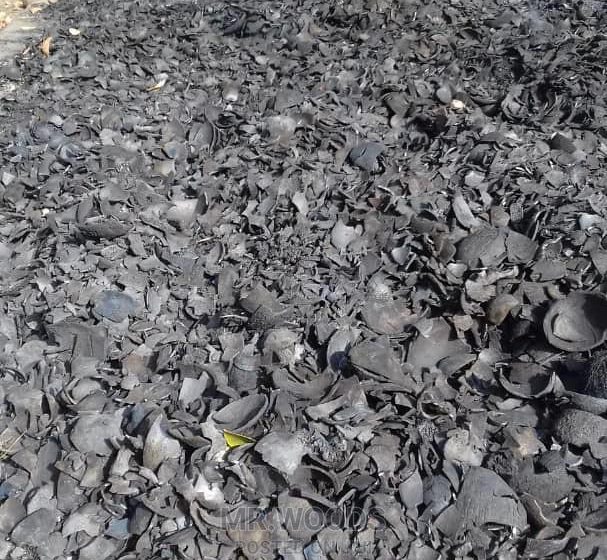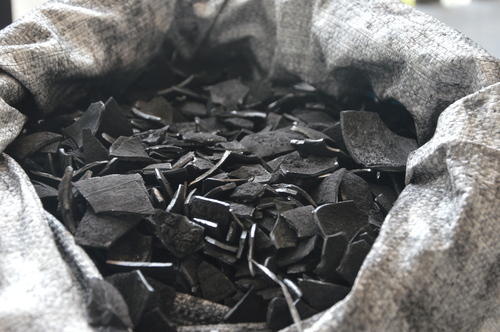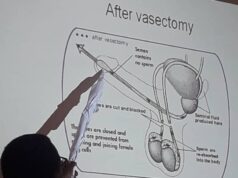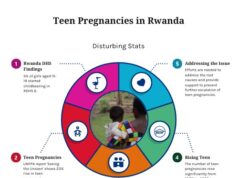
Bunso
One cold Tuesday morning in the heart of the Eastern Region of Ghana, Bunso Junction, we meet Amina Yakobo who wants to curve a different path in the charcoal business.
The price of Liquefied Petroleum Gas (LPG) has experienced a 5 per cent adjustment recently pushing it to ¢0.14 (below $1) per kilogram on LPG.
The increase has raised reactions as a lot of people planning on turning back to old ways of getting energy for cooking and that means charcoal.
Amina thinks this is a good idea but wonders how to get charcoal without cutting down the trees and hurting the environment. Amina, who is a teacher at a local primary school had been teaching her pupils to protect the environment. She wondered how she was now going to swallow the bitter pill of ‘preaching water and drinking wine’.
“My school is in the centre of Bunso and every day, on my way to class, many people selling coconut on the street confronted me. I was intrigued by what they did with their coconut waste. One day, I talked to one of the sellers, and he said they paid companies to collect the trash. Some of them would take their carts to the roadside and abandon them there,” she narrated.
This led to environmental pollution and Amina started thinking of how to reduce coconut waste that is constantly increasing at landfill sites across the town.
“I realised there were lots of coconut waste generated every day by coconut vendors in Bunso at every turn and questioned what could be done to solve the problem,” Amina explained.
Coming up with the idea
Amina said one time she went out with some of her colleagues to buy local food and discovered the woman was cooking using coconut waste instead of firewood. That was when the idea was conceived. “Firewood is the raw material for charcoal. Would it be possible to use this coconut waste to make charcoal? She asked herself.
Amina then shared the idea with some of her colleagues and one said he had an idea on how to make charcoal briquettes.

“I found a tomato can, put some pieces of coconut in it, lit it and covered it with sand. It worked well. During the vacation, we decided to experiment. We moved from the tomato can to a bucket and from the bucket to a small barrel and then drums. Soon, we were lining up 10, 15 drums. Every sample we produced we gave to the neighbours to use. They liked it and offered us much-needed feedback so we were able to continue improving our method.” Some of the feedback was that it produces no smoke as opposed to the wood charcoal
Amina was making progress with her colleagues and they needed to find a way to monetise it.
I met with the wood charcoal sellers to learn more about the charcoal business and asked so many questions. One of the most crucial learnings was that people don’t buy in bulk. When the average Ghanaian household is about to cook, they send someone to buy two or $1 worth of charcoal. I realised I had to enter the market with packaging that was small and convenient.
Getting The coconut Waste
On getting the coconut waste, one of Amina’s colleagues Adwoa said: “Initially, we asked a few coconut sellers to drop off their waste at a designated place. Very quickly, the whole place was filled with coconuts. Disposing of the waste was a big problem for coconut sellers and word soon spread.”
“We have never paid for coconuts. We provide the coconut sellers with a way to dispose of their waste. It’s a win-win for everyone.”
Target
Amina said their target market is the average Ghanaian household that uses charcoal for cooking.
“We started by convincing the neighbourhood wood charcoal sellers to stock our product. Their customers trust them and we had to win them over so they could convince the customers to change to coconut fuel. We handed sellers free bags of our coconut briquettes which we named Zaacoal.”
“In return, they gave us their feedback and we improved the product. Once they saw how well it performed, they became our ambassadors and we used their existing network to get into the market. We price Zaacoal to enable the charcoal sellers to make more money selling Zaacoal than selling wood charcoal.”
“We do have other retailers: big stores situated in shopping malls, but this represents only about 5-10 per cent of our market,” she stated.
Sustainability
TheGhana Climate Innovation Centre (GCIC) has applauded this initiative by Amina and her colleagues explaining that the charcoal briquettes being created save the environment from destruction.
Lucy Quist, a board member at GCIC, said that the GCIC sees the initiative as a sustainable initiative that needs support.
“GCIC was elated at the initiative because their charcoal briquettes are clean energy and also sustainable because the country keeps producing coconut,” she said.
“Climate change is real, but we can harness what could turn out to be disastrous climate change into innovative businesses that can benefit not just the entrepreneur but the society,” she explained.
Lucy Quist said, “the fact that an entrepreneur could create the business from something available in society is very innovative.”
She said that the channelling of the waste into something different can stop people from openly burning the coconut waste, especially at unauthorised places that can easily catch fire.
She added that because the charcoal briquettes burn with no smoke, it saves the purchasers from the dangerous effect of being around the smoke all the time. According to UNEP, because women spend more time cooking, they are more exposed to smoke which has harmful effects on their health. According to UNEP, those who rely on unclean fuels are both the most vulnerable to non-communicable diseases and the least able to cover the costs of sickness, associated healthcare costs, and lost work hours.
Amina’s initiative aligns with the Africa Green Stimulus Programme which intends to provide an overarching framework that will support the recovery of the environment and sustainable development initiatives in Africa, whilst identifying new areas requiring strategic interventions. It also aligns with UNEP’s call at COP 26 which encourages solutions that can reduce Green House Gas Emissions while also adapting to climate impacts like extreme weather events.
Households across Ghana should embrace sustainable energy like the one Amina and her colleagues produce to protect themselves from unclean fuels which make them vulnerable to non-communicable diseases. No household should be left behind because coconut is abundant.
This article is part of African Women in Media (AWiM)/UNEP Africa Environment Journalism Programme













